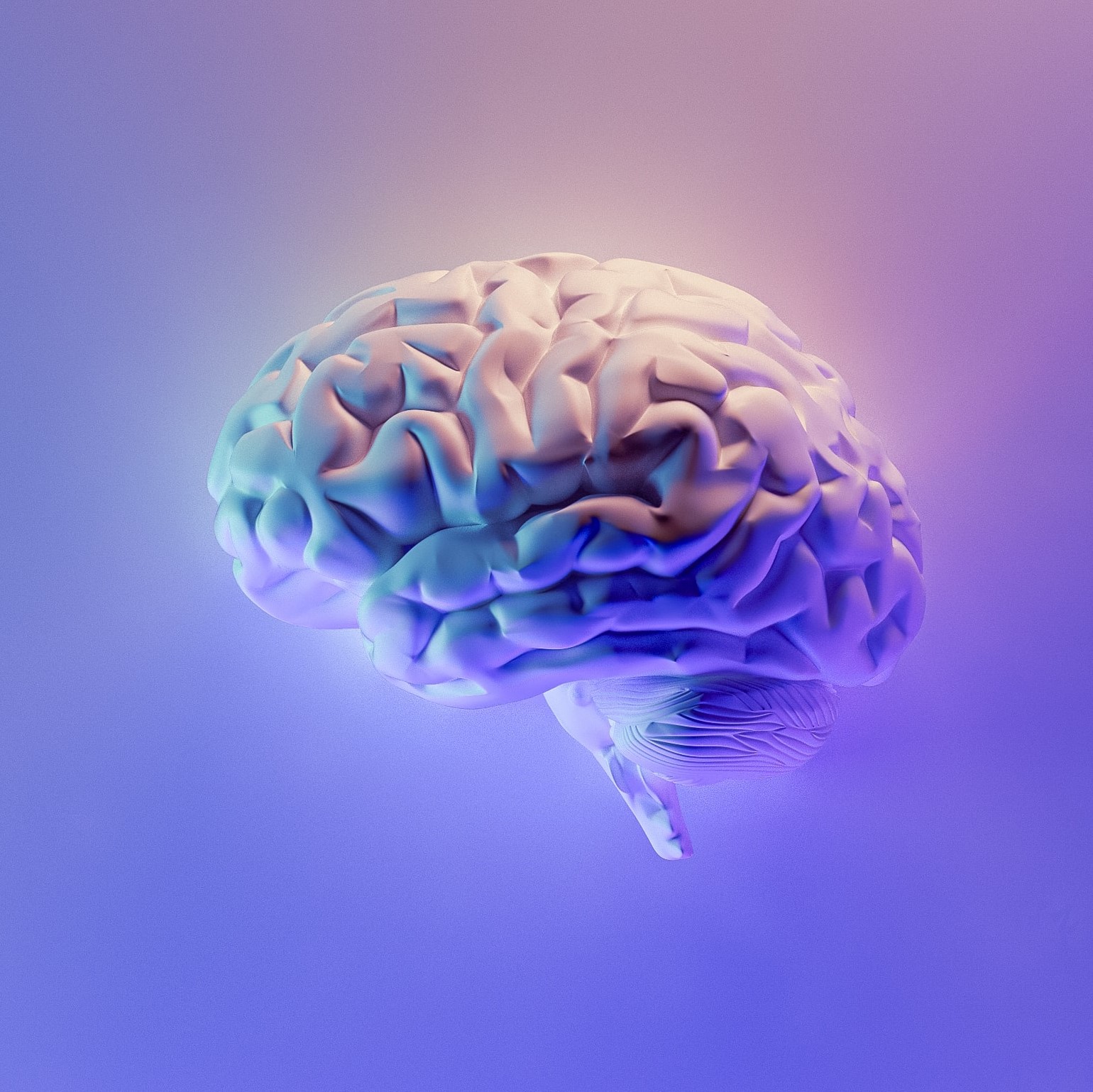A staggering 1 in 17 American adults suffer from a serious mental illness every year.1 The negative impact to individuals, families, and communities is enormous with the effects frequently lasting many years. Researchers in the Brain Disorders Program at the HGINJ are dedicated to understanding the genetic contribution to mental illness and committed to developing improved diagnostics and treatments, and eventually preventative care, for those who are afflicted. By focusing on innovative approaches and neglected frontiers, our Brain Disorders team is refining the way mental illness is diagnosed and treated.
The traditional approach to defining simple genetic disorders does not align with the biological realities of complex genetic disorders such as psychiatric illnesses. The simplistic medical model states one gene is associated with one disorder. Basic and clinical research at the HGINJ is transforming the way genetic diseases are defined. Our researchers are creating a new framework for examining and understanding diseases of human behavioral disorders. By utilizing state-of-the-art techniques in molecular and statistical genetics, our researchers are identifying how different mutations within the same gene manifest into phenotypically distinct disorders. Reframing disease classification by genetic etiology instead of by descriptions of symptoms and clinical course fundamentally changes how disorders are examined and understood, gives new insight to scientists, and sets the stage for translational medicine by allowing researchers and the medical community to align in optimizing medical intervention and treatment from bench to bedside. As a complementary line of attack, HGINJ scientists use advanced technologies and computational analysis to examine the genetics of background effects in human populations. This neglected frontier helps researchers understand how the same mutations in genes can present differently in various people. The investigation of how different mutations in a single gene can give rise to distinct disorders and then, on the other hand, how even the exact same mutation in a gene can also present diversely in individuals provides pertinent and necessary answers for more effective treatments.
The Brain Disorders Program encompasses the study of autism, Tourette syndrome, schizophrenia, unipolar and bipolar depression, addictions, alcoholism, and anxiety disorders (OCD, PTSD). As part of an integrated platform, researchers are supported by the HGINJ’s largest university-based biorepository specializing in custom genomic solutions, RUCDR Infinite Biologics. Since 1998, RUCDR has been the home for the National Institute of Mental Health (NIMH) Center for Collaborative Studies of Mental Disorders providing researchers throughout the world with cell lines and DNA as well as a full range of services to analyze these biospecimens. The collection now contains a vast array of samples from families with schizophrenia, bipolar disorder, Alzheimer’s disease, autism, obsessive-compulsive disorder, depression, and ADHD. RUCDR is also home to the National Cell Repository for the Collaborative Studies on the Genetics of Alcoholism (COGA) project funded by the National Institute on Alcohol Abuse and Alcoholism (NIAAA). Cell lines and DNA samples have been banked since 1990 from families with a high incidence of alcoholism.
In order to learn more about specific mental health disorders, visit the National Institute of Mental Health at http://www.nimh.nih.gov/health/publications/the-numbers-count-mental-disorders-in-america/index.shtml. For more information about alcoholism, visit the National Institute on Alcohol Abuse and Alcoholism at http://www.niaaa.nih.gov/
1 Kessler RC, Chiu WT, Demler O, Merikangas KR, Walters EE. Prevalence, severity, and comorbidity of twelve-month DSMIV disorders in the National Comorbidity Survey Replication (NCS-R). Archives of General Psychiatry, 2005 Jun;62(6):617-27.

